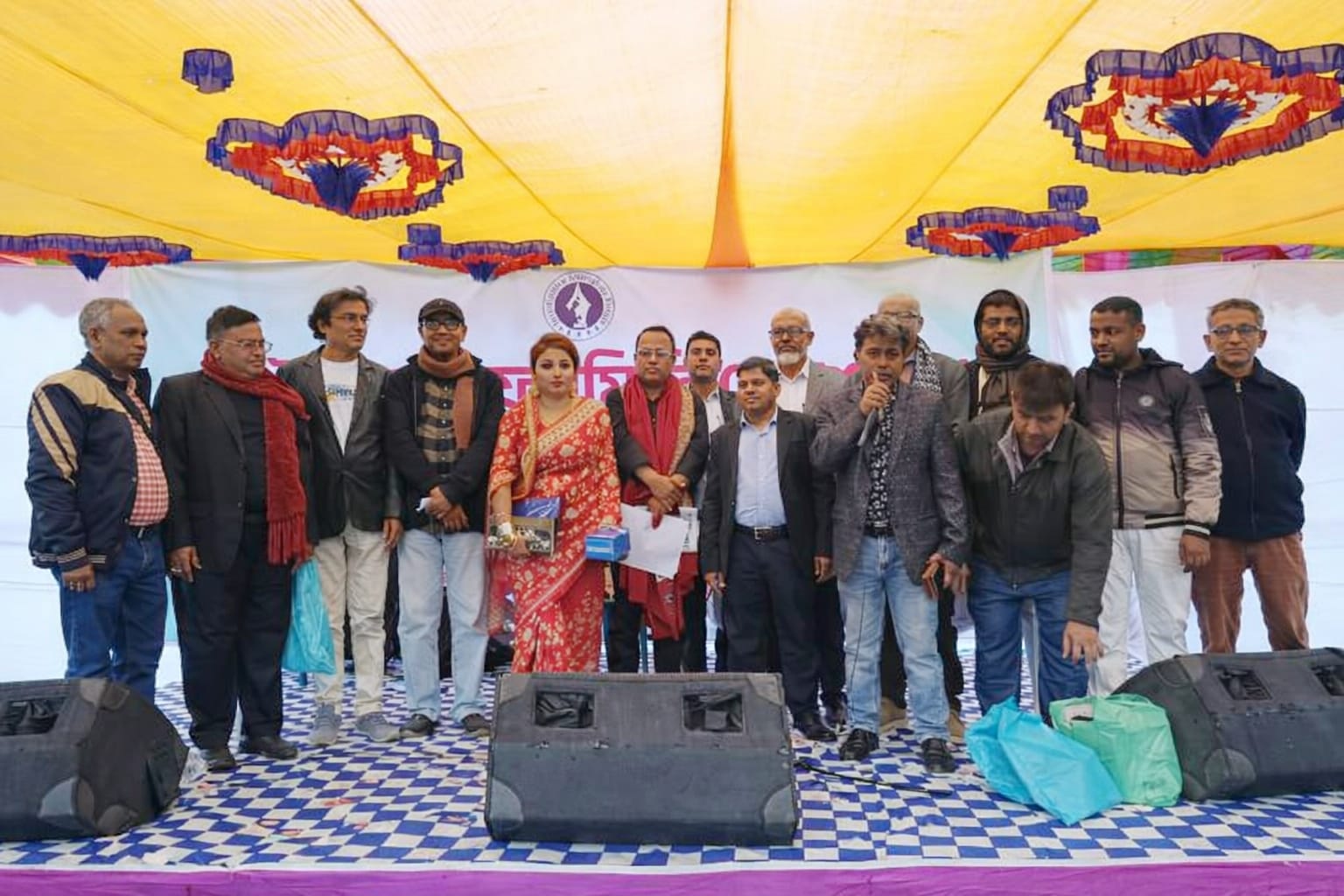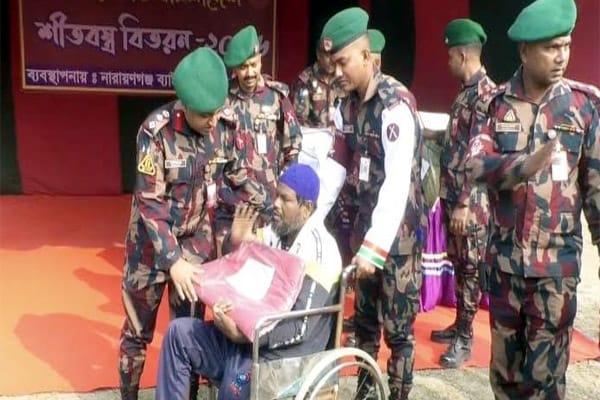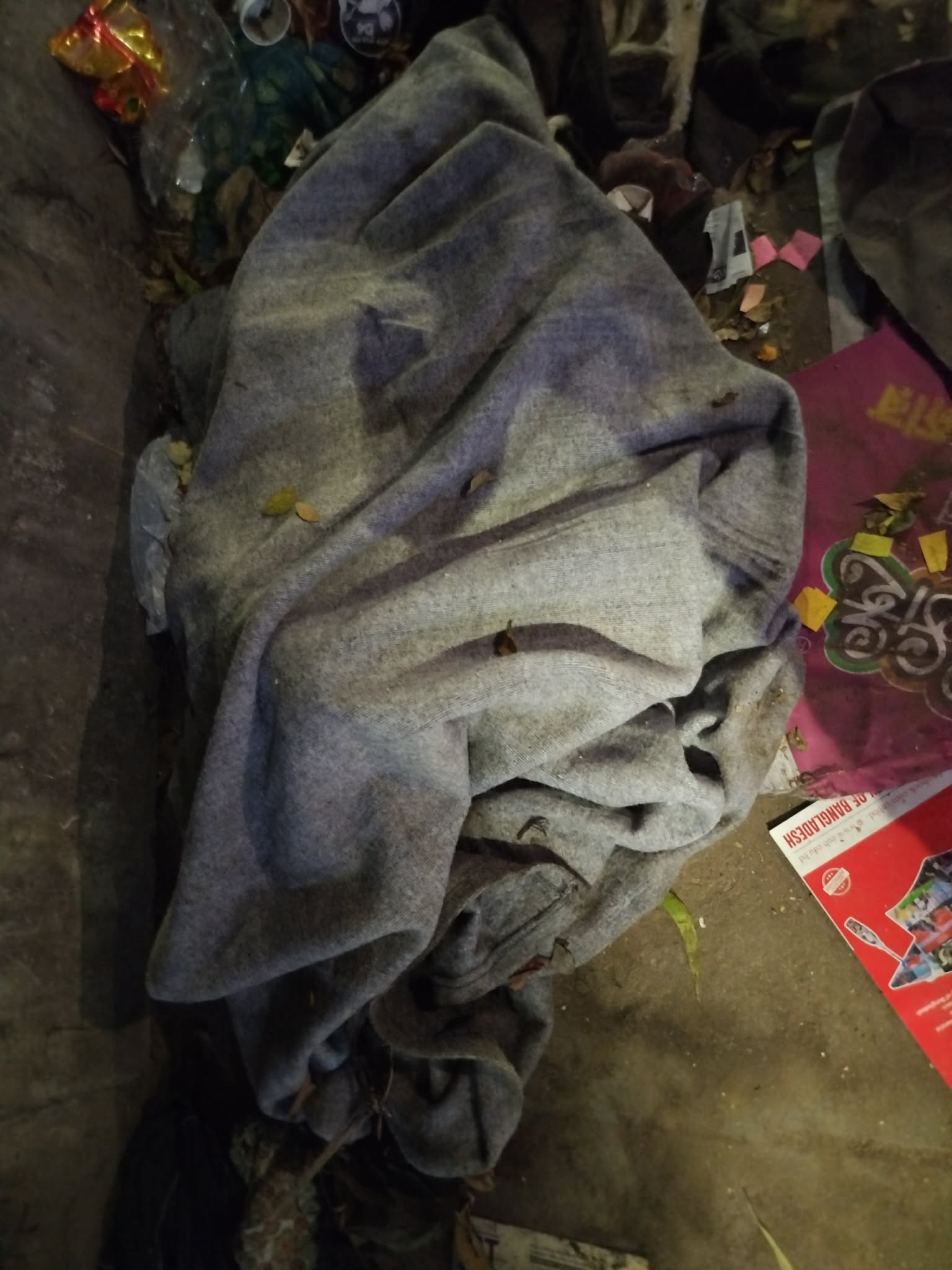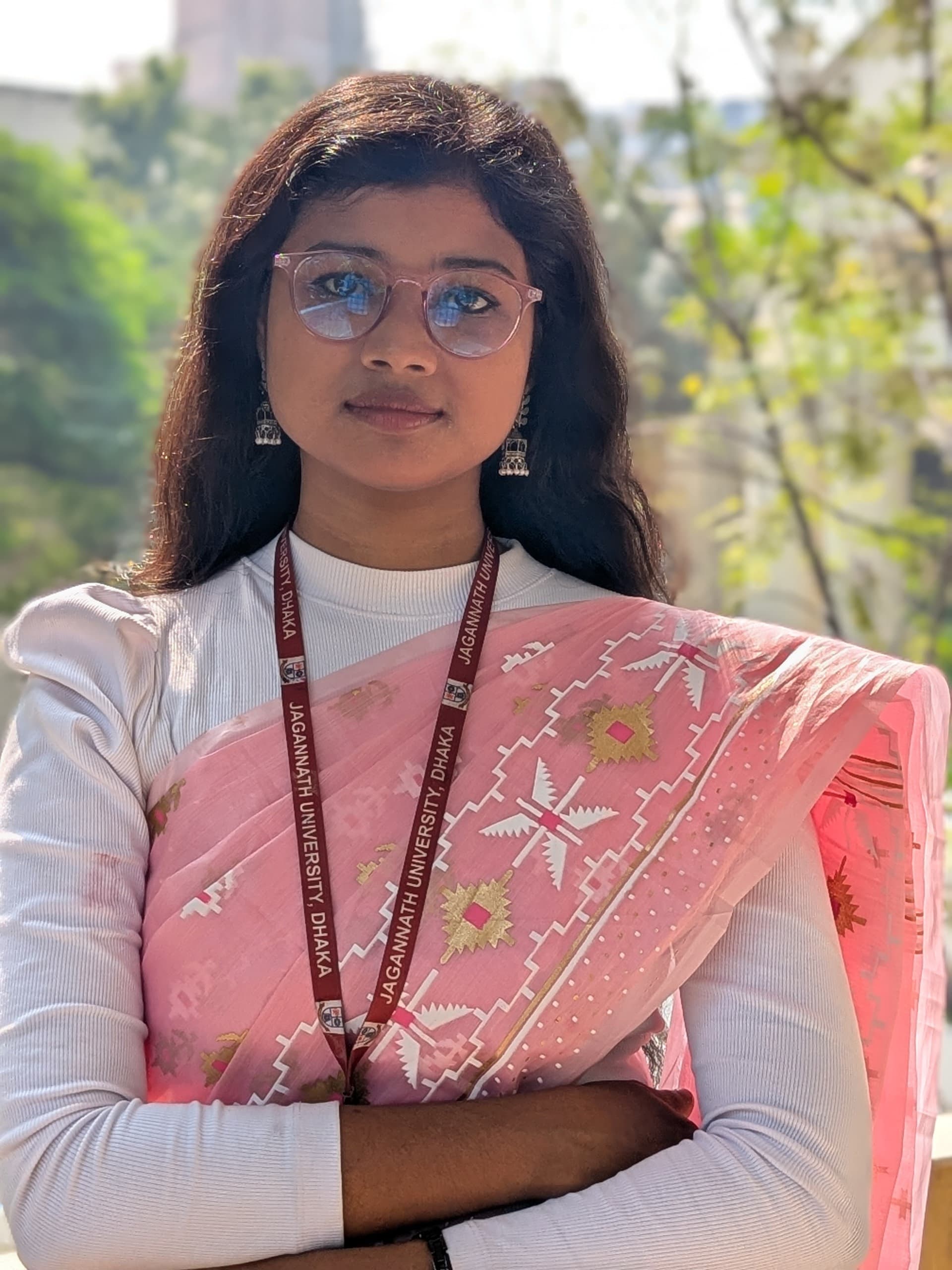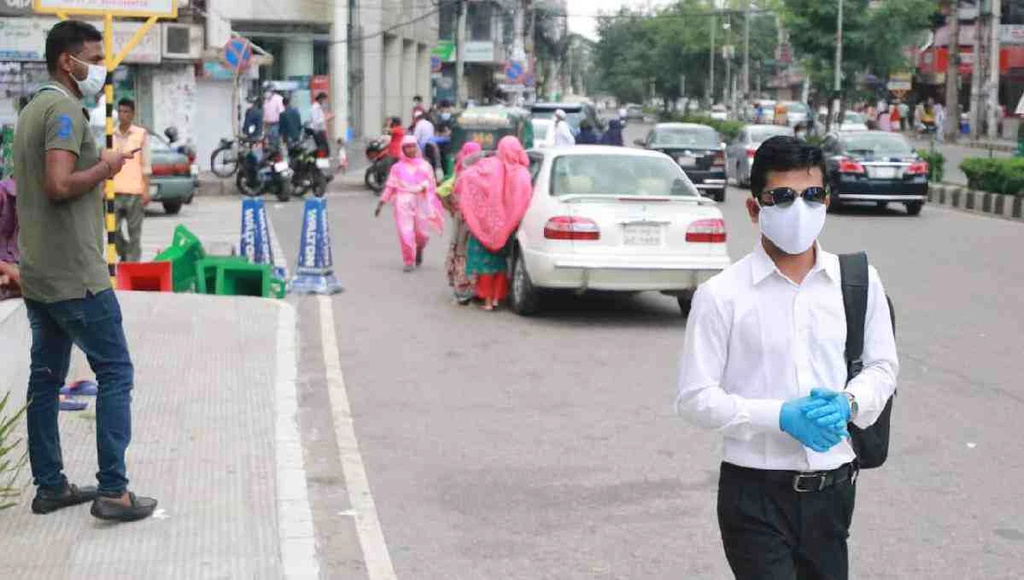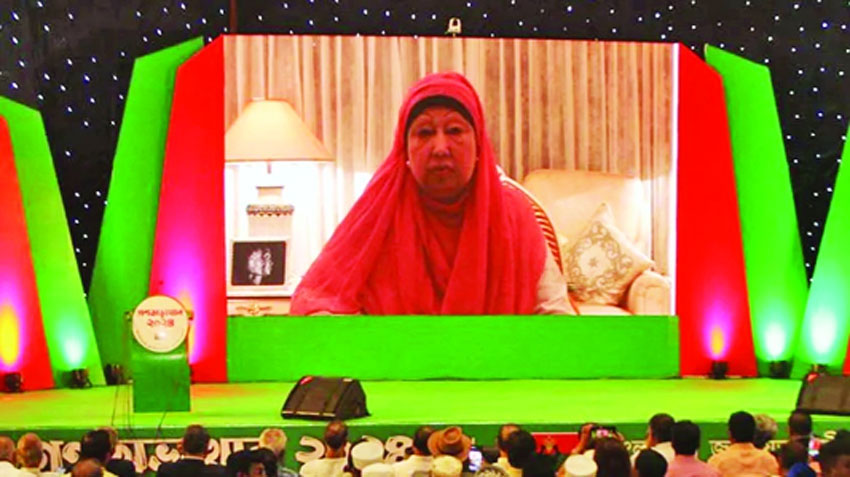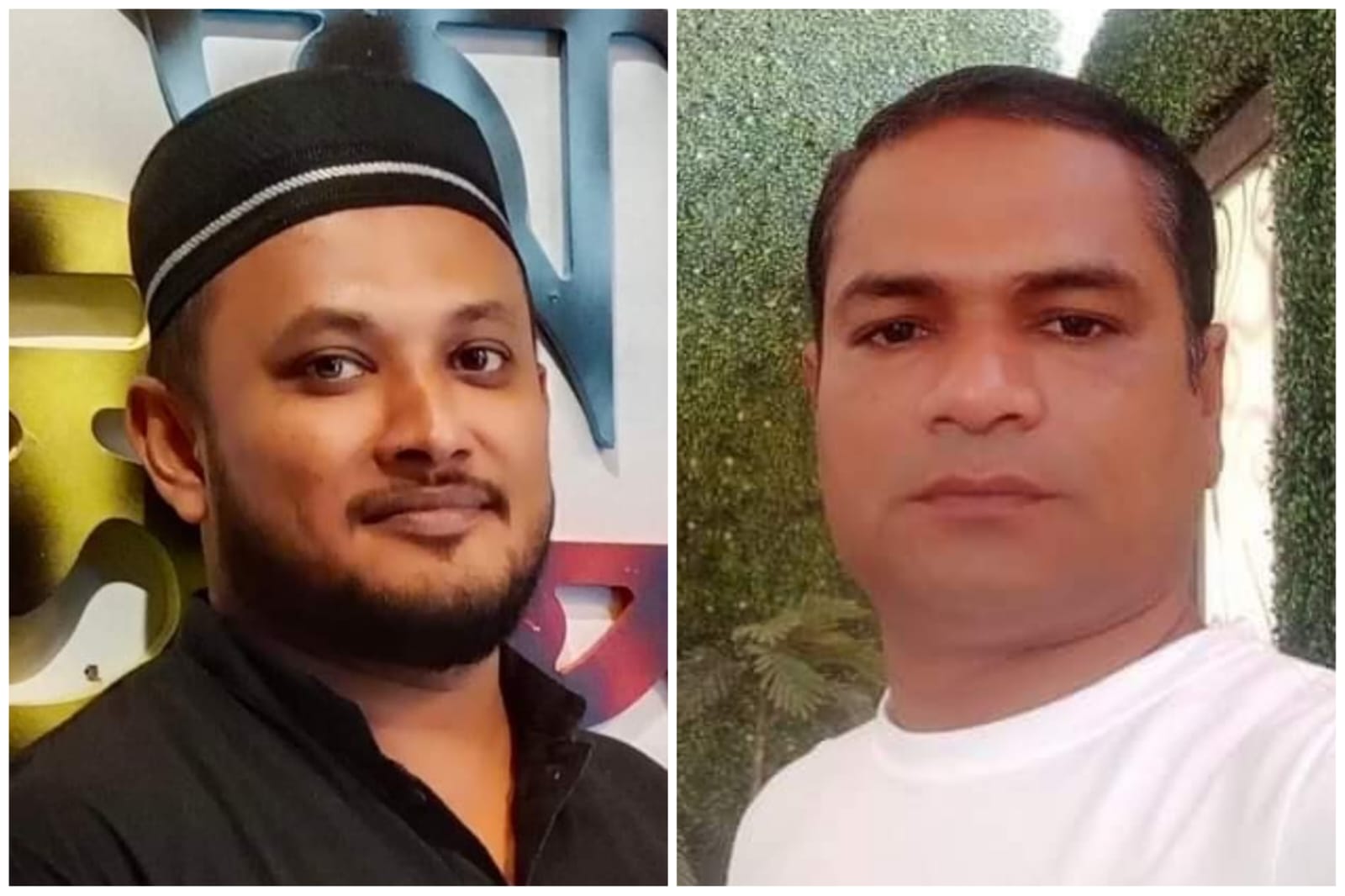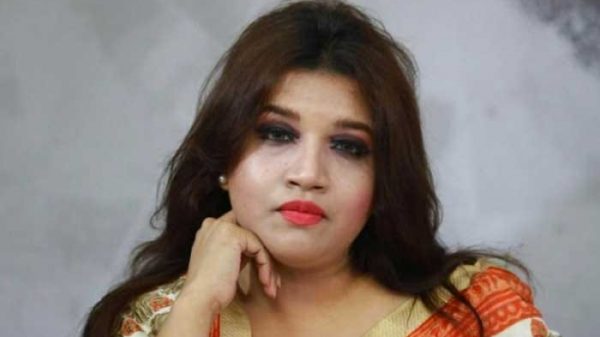- 2022-03-21 22:25:09
- LAST MODIFIED: 2026-01-12 06:18:41
India considers opening COVID boosters to all adults, sources say
Reuters
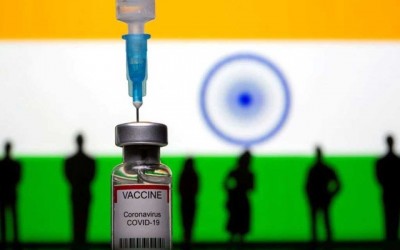
3D-printed toy figurines, a syringe and a vial labelled "coronavirus disease vaccine" are seen in front of India flag in this illustration taken May 4, 2021. REUTERS
India is considering making all adults eligible for booster doses of the COVID-19 vaccine, two sources with knowledge of the matter said on Monday, as infections grow in some countries and some Indians find it hard to travel abroad without a third dose.
Only frontline workers and those older than 60 are currently allowed to take booster doses in India, whether free in government centers or paid for in private hospitals. The government is debating whether to provide boosters to other groups for free, said one of the sources, who both sought anonymity as the government has yet to make a decision.
A health ministry spokesperson wrote in a WhatsApp group for reporters: "no decision yet". The Serum Institute of India (SII), whose Covishield vaccine dominates India's immunisation programme, said on Monday it stopped the shot's production in December but still had a stock of 200 million doses. It has produced 1.9 billion doses in total.
Its Chief Executive Adar Poonawalla told CNBC-TV18 that they would restart production of the vaccine, a version of the AstraZeneca shot, if demand returned through boosters or any other way.
India's health ministry, meanwhile, has urged states to boost COVID-19 surveillance measures, citing a resurgence in some parts of Asia and Europe. China and Italy have seen a recent rise in cases.
Infections in India, however, have fallen to their lowest in more than a year, with 1,549 new cases reported in the past 24 hours and 31 deaths. India's total infections now stand at more than 43 million, with 516,510 deaths.
The country of about 1.4 billion people has administered 1.81 billion vaccine doses, more than 20 million as boosters. On Twitter some Indians have said organizers of some events overseas have limited attendance to those who have taken booster doses. Countries such as Israel, for example, do not consider vaccination complete in the absence of booster doses.

